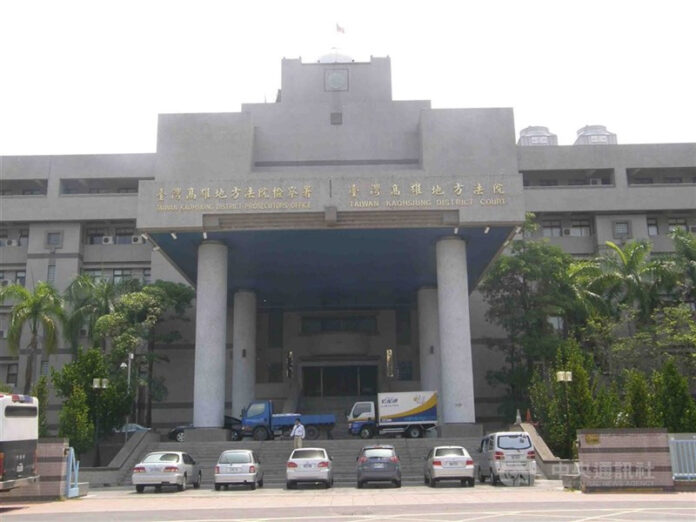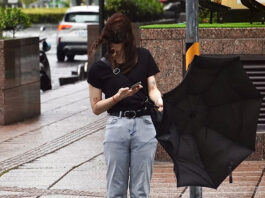A 47-year-old man in Taiwan, surnamed Ko (柯), was sentenced last week to six years and six months in prison by the Kaohsiung District Court for counterfeiting NT$500 banknotes and attempting to use one of them in a night market transaction. The sentence was elevated due to Ko’s status as a repeat offender, having previously served time for similar offenses.
The case sheds light on Taiwan’s enforcement mechanisms against currency counterfeiting, the vulnerabilities of small vendors, and the broader challenge of balancing punitive justice with rehabilitation for repeat economic offenders.
Detailed Timeline & Analysis
Repeat Offender and Legal Context
Ko had previously been convicted in 2013 for usury and counterfeiting offenses, resulting in a sentence of seven years and two months. He was released early in May 2019 for good behavior, but reoffended within five years, which triggered a recidivism clause under Taiwan’s Criminal Code.
This clause mandates an increased sentence for repeat offenders who commit similar crimes within a specified window of their release. In Ko’s case, the court emphasized his lack of rehabilitation despite prior incarceration.
🔍 Insight: Taiwan’s criminal justice system allows reduced sentencing for good behavior, but this case raises questions about the effectiveness of reintegration and monitoring for individuals previously convicted of financial crimes.
Counterfeiting Operation
Between April and May 2024, Ko used a color photocopier and processing techniques to create counterfeit NT$500 notes. Authorities discovered he had:
- Fully produced 69 counterfeit NT$500 notes
- Partially completed 1,786 additional fake bills
He operated the scheme from a rented apartment, with evidence showing preparation for large-scale circulation.
🧠 Commentary: The scale of unfinished bills suggests this was not an isolated act of desperation but a pre-planned operation, which could have significantly disrupted Taiwan’s cash economy had it gone undetected.
Detection and Arrest
On April 11, 2024, Ko used one counterfeit NT$500 bill to buy a NT$90 doughnut at a local night market in Kaohsiung. The vendor, upon noticing the odd texture of the banknote, alerted the police.
Within weeks, police traced the counterfeit origin, raided Ko’s residence, and seized all fake notes and equipment used in the operation. He was arrested in May 2024.
💬 Vendor Vigilance: This incident highlights the critical role of street vendors and shop owners in early detection of fake currency. It’s also a reminder of the need for public awareness campaigns on identifying counterfeit bills.
Implications for Taiwan’s Currency Security
Taiwan, like many countries, faces challenges from domestic and international counterfeit operations. The Ko case underlines several systemic issues:
- Access to Technology: Advanced printers and image editing software are increasingly accessible, making low-scale counterfeiting easier.
- Inadequate Monitoring: Ex-convicts with financial crime backgrounds may lack sufficient post-release supervision, enabling re-offending.
- Risk to Small Businesses: Small vendors, often handling cash, are most vulnerable to receiving fake currency, incurring direct financial losses.
💡 Recommendation: Authorities should explore smart currency solutions such as polymer notes, which are harder to replicate, and encourage cashless payments in vulnerable sectors like night markets.
Court Verdict and Possibility of Appeal
The Kaohsiung District Court imposed a 6.5-year sentence, citing:
- Ko’s prior record
- The planned nature of the operation
- Use of fake currency in real economic transactions
The court acknowledged Ko’s confession, but stated it was not sufficient to merit a reduced sentence, especially given his previous conviction.
Ko retains the right to appeal the verdict, though legal experts say the recidivism clause makes a lighter sentence unlikely without new legal grounds.
FAQs
Why was Ko’s sentence so harsh despite only using one counterfeit bill?
Although only one fake bill was used, Ko had created 69 fully fake bills and was preparing nearly 1,800 more. His prior conviction triggered the recidivism law, leading to a harsher sentence.
How can small vendors in Taiwan detect counterfeit currency?
Vendors are encouraged to check for:
Unusual paper texture
Missing security features like watermarks and color-shifting ink
Inconsistent printing quality
The Central Bank of Taiwan provides training and guides for identifying fake notes.
Is Taiwan seeing an increase in currency counterfeiting?
Taiwan has relatively low levels of counterfeiting, but isolated cases like this show the continued risk, especially with access to affordable printing technology.
What happens to counterfeit currency after it’s seized?
All counterfeit currency is destroyed by the Central Bank, and law enforcement records are kept for future investigations and data tracking.
Can Ko appeal his sentence?
Yes, but given his repeat offense and the evidence against him, legal analysts suggest the court is unlikely to reduce the sentence unless procedural errors are found.



